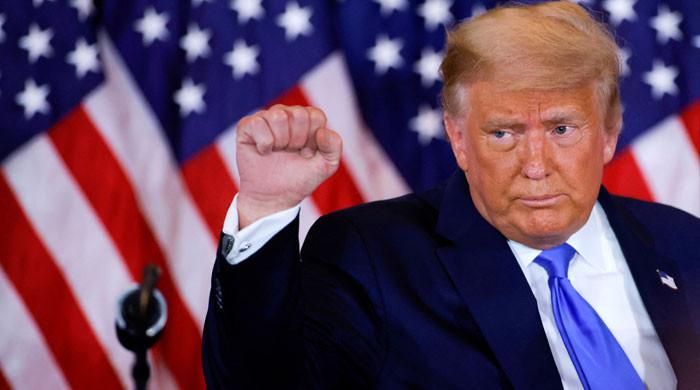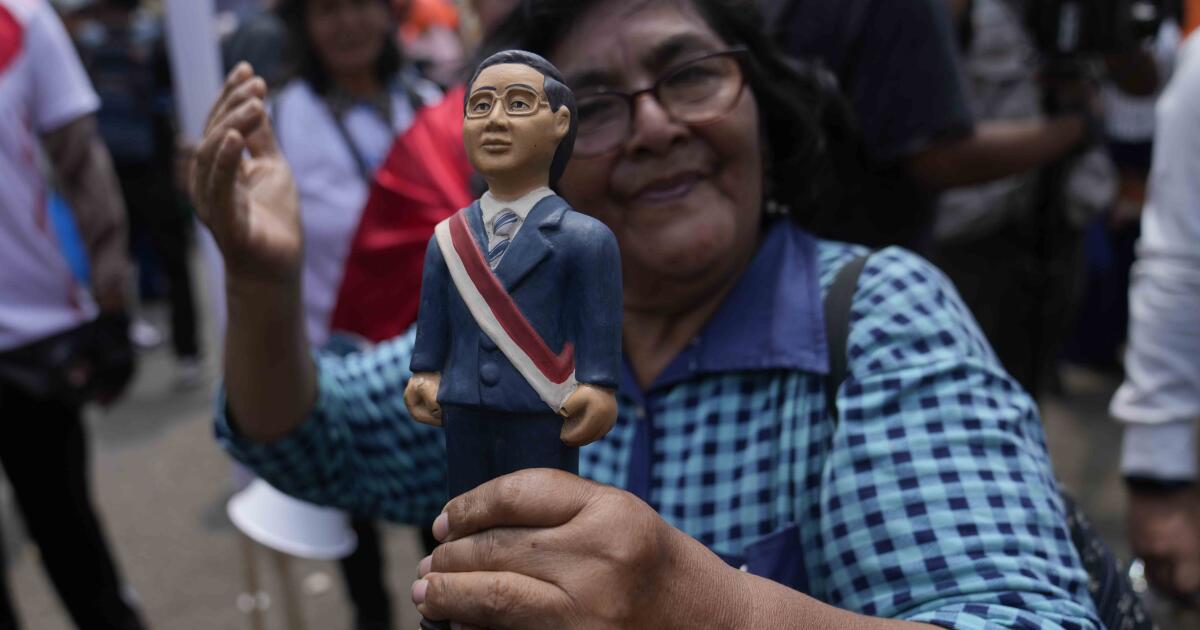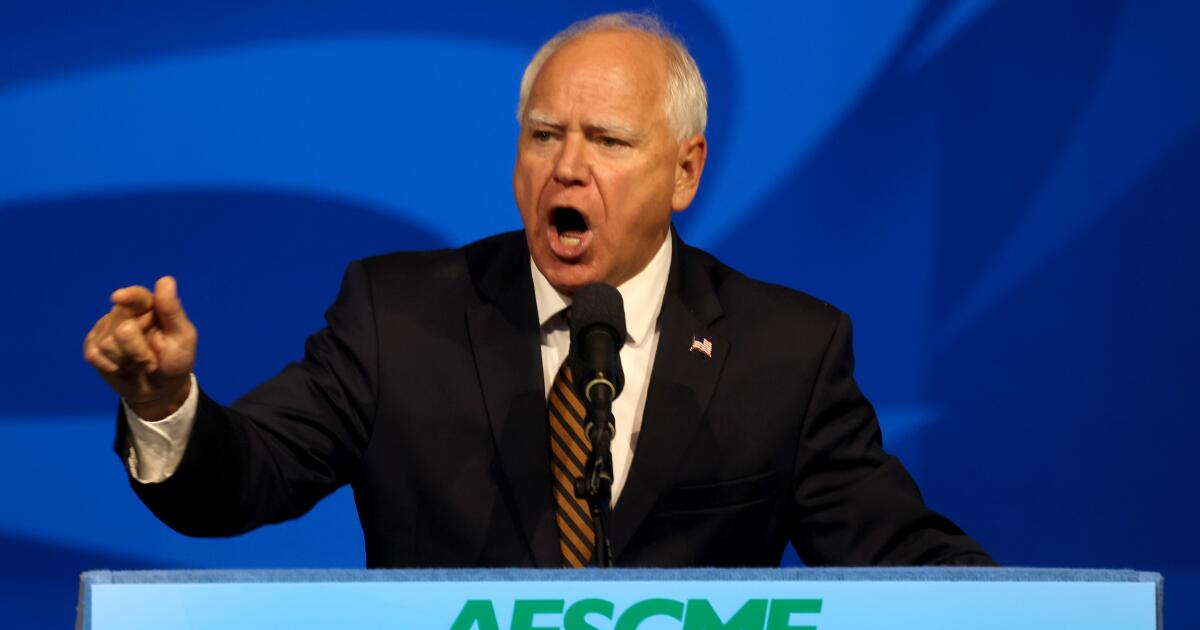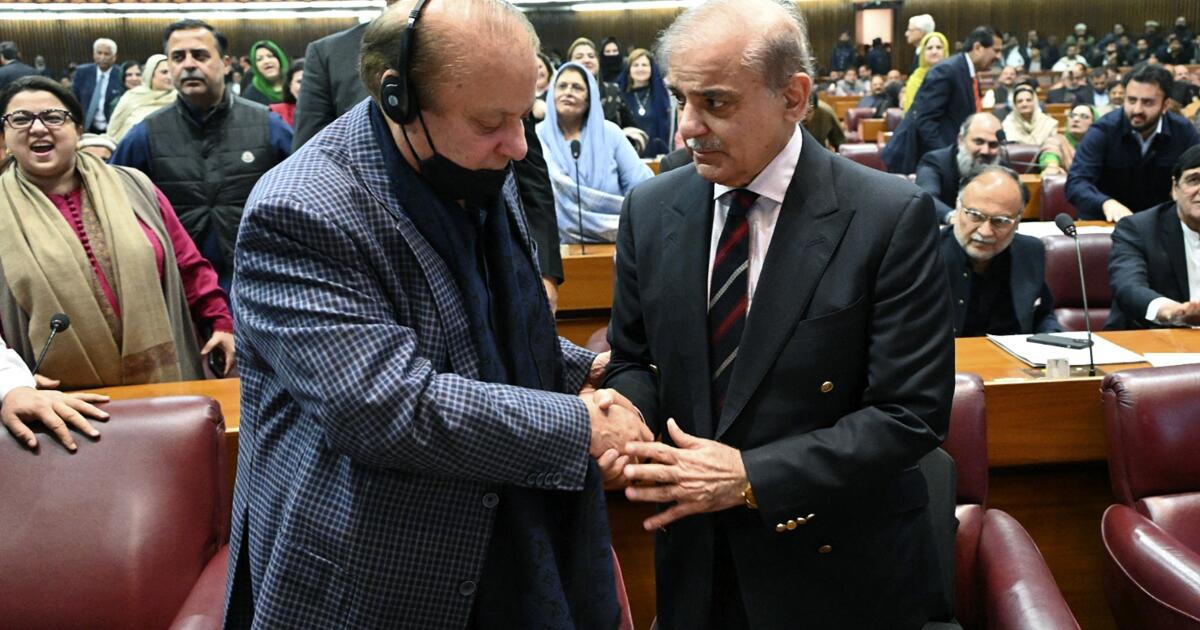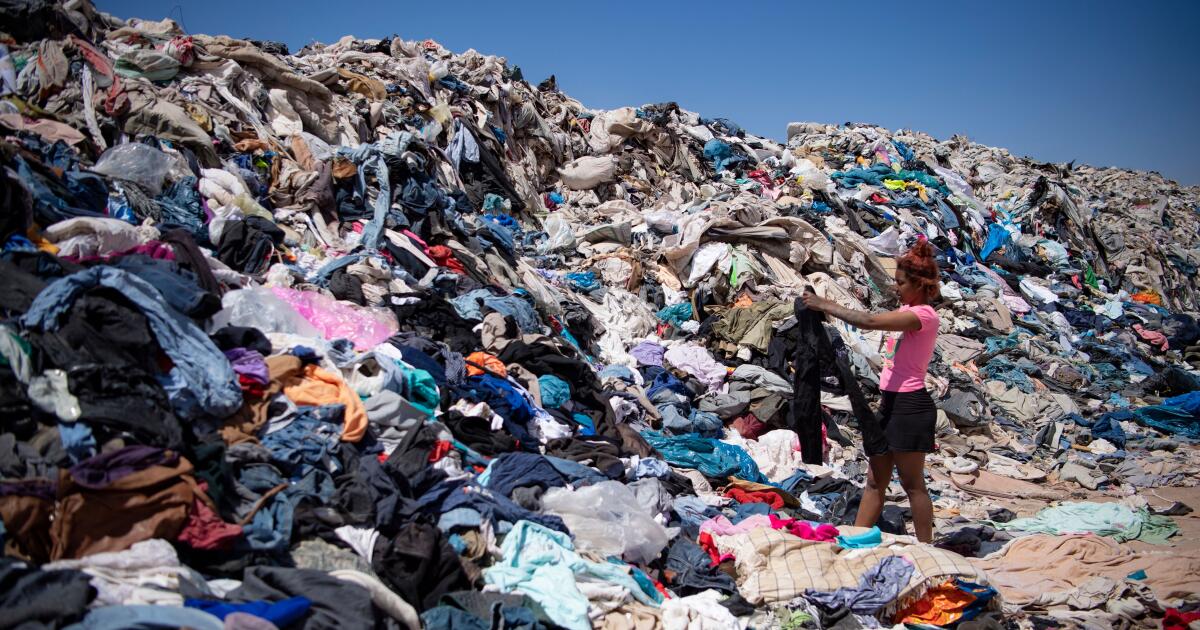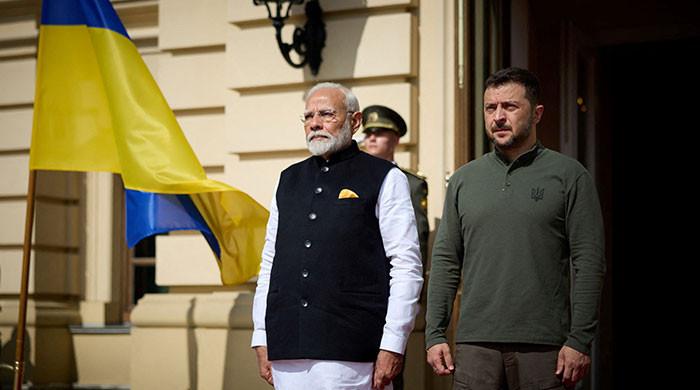In a pivotal development, the US Supreme Court agreed to rule on Donald Trump's claim of immunity from prosecution in connection with his efforts to overturn the results of the 2020 election. Reuters reported.
This decision provides Trump with a strategic advantage as he seeks to postpone criminal proceedings while actively seeking to return to the presidency.
The justices have temporarily halted the criminal case brought by special counsel Jack Smith, opting to review a lower court's dismissal of Trump's claim of immunity due to his status as president when he took actions to challenge President Joe Biden's election victory. Biden.
The Supreme Court has scheduled oral arguments for the week of April 22, focusing on the central question of whether a former president enjoys immunity from criminal prosecution for actions taken while in office.
As the main contender for the Republican nomination in the upcoming US elections on November 5, Trump's case once again introduces the Supreme Court into the electoral landscape, dominated by a conservative majority of 6 to 3 and with three judges appointed by Trump .
Separate from this case, the Supreme Court is set to rule on overturning a decision that prevented Trump from being included in Colorado's Republican primary based on constitutional provisions related to insurrection.
The Court of Appeals for the District of Columbia Circuit unanimously rejected Trump's request for immunity, highlighting the importance of executive branch checks.
Special prosecutor Jack Smith, appointed by US Attorney General Merrick Garland in November 2022, filed federal criminal charges against Trump in August 2023 related to election subversion. The trial, originally scheduled for March 4, was postponed when Trump filed his immunity claim, without announcing a new date.
Trump faces additional criminal cases, and a trial related to hush money will be held in New York on March 25. Trump, who has pleaded not guilty in all cases, alleges political motivation behind the charges.
In response to the Supreme Court's decision, Trump underscored the importance of presidential immunity, stating that without it, presidents can be paralyzed by fear of postal prosecution, which could lead to extortion and blackmail.
The Supreme Court's upcoming rulings have substantial implications for Trump's legal battles and could affect the intersection of presidential powers and legal accountability.

